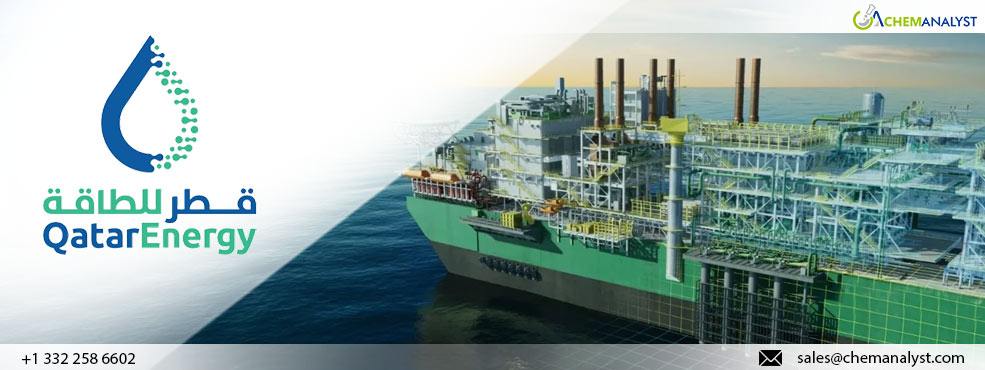Welcome To ChemAnalyst

QatarEnergy has declared that the partners in the Sepia joint venture have made the final investment decision (FID) for the second phase of development in the Sépia field, situated in the highly productive pre-salt Santos Basin, off the coast of Brazil.
The Sepia joint venture comprises QatarEnergy, TotalEnergies, Petronas, Petrogal Brazil, and Petrobras.
The FID was highlighted by the agreement with Seatrium O&G Americas Limited to build a floating production storage and offloading (FPSO) unit for operation in the ultra-deep waters of the Sepia field. The FPSO will be capable of producing 225,000 barrels of oil per day and processing ten million cubic meters of gas per day.
His Excellency Mr. Saad Sherida Al-Kaabi, the Minister of State for Energy Affairs and President and CEO of QatarEnergy, greeted the contract award as a significant milestone in QatarEnergy's endeavors in Brazil.
The FPSO is anticipated to achieve a 30% reduction in greenhouse gas emission intensity per barrel of oil equivalent.
The reduction stems from leveraging an all-electric setup and refining the processing plant to enhance energy efficiency. Additionally, the FPSO integrates various environmental technologies, including zero routine ventilation for recovering ventilated gases, deep seawater capture, utilization of speed variators in pumps and compressors, cogeneration via a Waste Heat Recovery Unit, routine zero burning for torch gas recovery using a closed flare system, valves with low fugitive emissions requirements, and the capture, utilization, and geological storage of CO2 from the produced gas.
The construction of the FPSO will take place in shipyards located in Brazil, China, and Singapore. This FPSO will be the second one deployed in the Sepia field, complementing the already operational Carioca FPSO, with its operations focused on the northern section of the Sépia field.
QatarEnergy, formerly Qatar Petroleum (QP), serves as Qatar's state-owned petroleum company, overseeing all aspects of oil and gas operations within the nation, including exploration, production, refining, transportation, and storage. The company manages the national oil pipeline network, which transports oil from various fields to the single refinery and export terminals. Additionally, QatarEnergy operates an extensive offshore pipeline system, facilitating the transportation of crude oil from offshore fields to Halul Island for processing and export. Onshore, most oil is directed to Umm Said for either refining or export purposes. Qatar's major export terminals include Umm Said, Halul Island, and Ras Laffan. Refining activities are conducted at two facilities: the QatarEnergy Refinery in Umm Said and the Laffan Refinery in Ras Laffan.
We use cookies to deliver the best possible experience on our website. To learn more, visit our Privacy Policy. By continuing to use this site or by closing this box, you consent to our use of cookies. More info.
